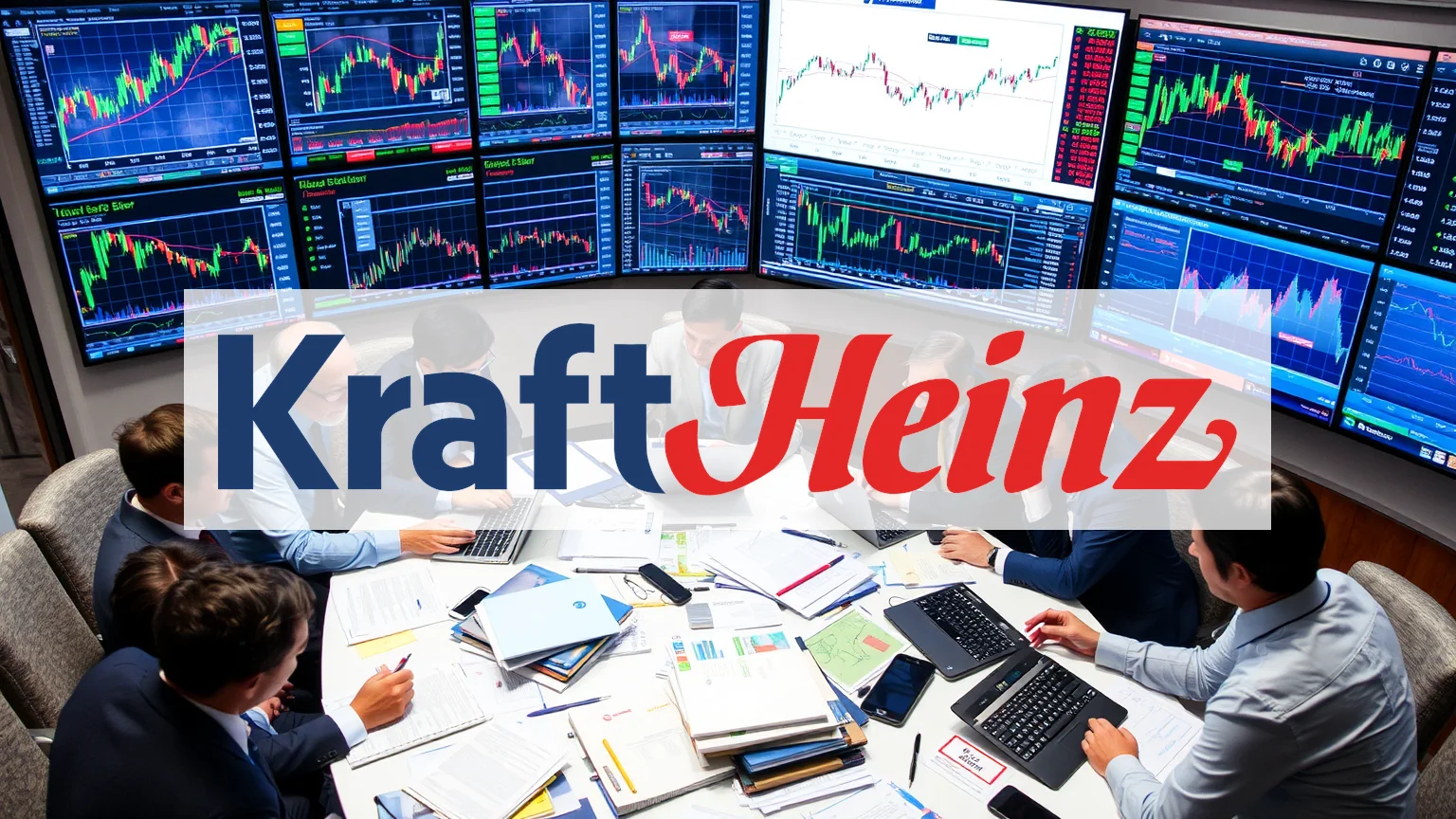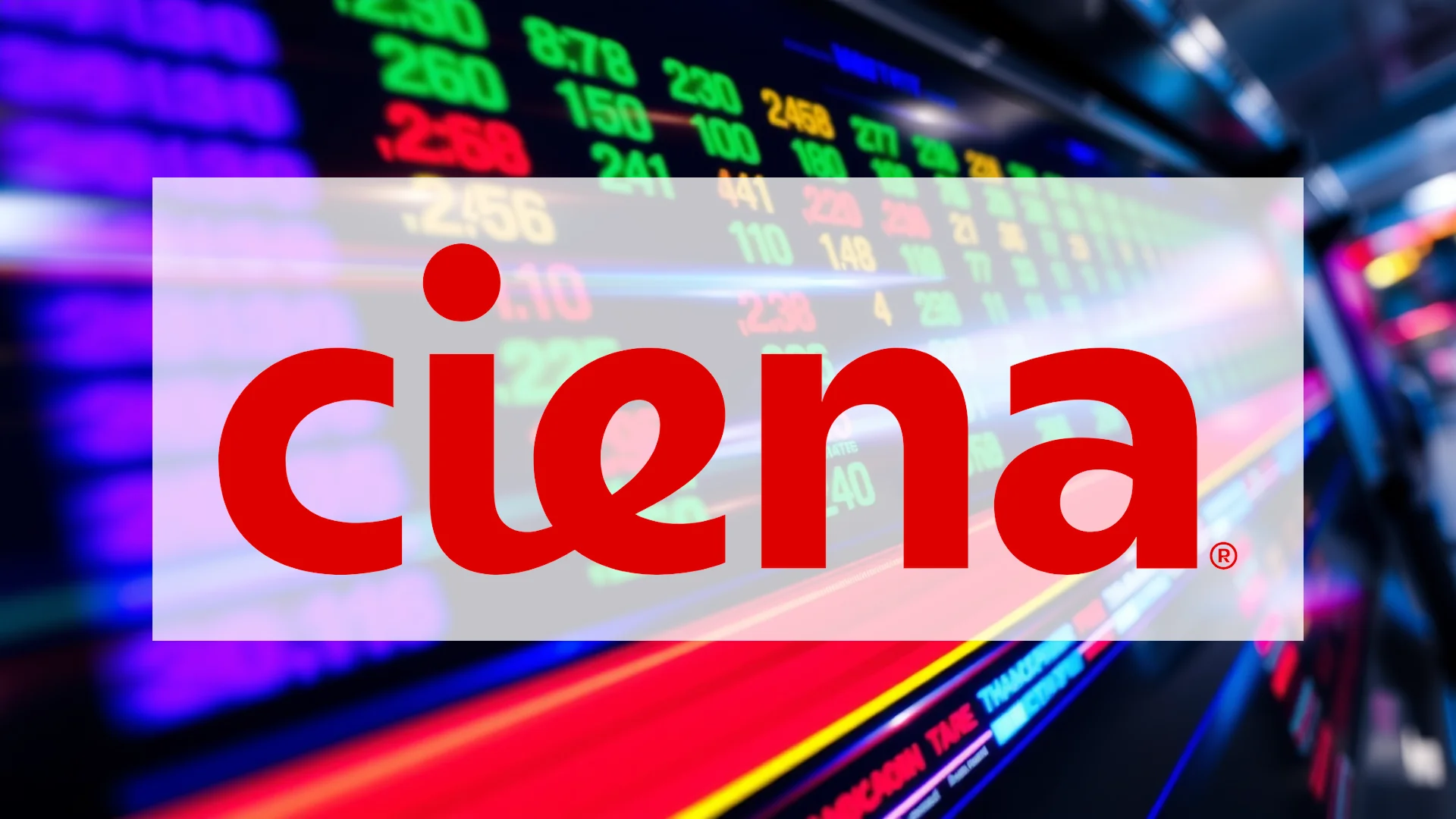Kraft Heinz is reportedly preparing for the most significant strategic shift in its recent history, with plans to separate into two distinct publicly traded companies. This move represents a dramatic reversal from the failed 2015 mega-merger that created the current conglomerate, raising questions about the rationale behind the split and its implications for shareholders.
Institutional Investors Position Themselves Ahead of Restructuring
While retail investors remain cautious, major institutional players are already building positions in anticipation of the corporate overhaul. The Vanguard Group Inc. increased its stake by 12.7% during the first quarter, acquiring an additional 11.47 million shares. In an even more dramatic move, Pacer Advisors Inc. boosted its holdings by an astonishing 4,390.7% during the same period.
These substantial acquisitions suggest that sophisticated market participants anticipate significant value creation through the proposed separation. The central question remains whether this breakup will ultimately generate more value than the troubled combined entity, or whether it represents the final chapter of a strategic misstep.
Mixed Quarterly Results Mask Underlying Challenges
The strategic pivot follows mixed second-quarter 2025 results that superficially exceeded expectations:
Should investors sell immediately? Or is it worth buying Kraft Heinz?
- Adjusted earnings: $0.69 per share (expected: $0.64)
- Revenue: $6.35 billion (-1.9% year-over-year, but above forecasts)
Beneath these headline numbers, however, significant challenges persist. The company recorded a massive $9.3 billion non-cash impairment charge—primarily driven by the continuing decline in its stock price—resulting in a GAAP loss of $6.60 per share. More alarmingly, organic net sales decreased by 2.0%, driven by a 2.7 percentage point decline in volume.
Two-Pronged Separation Strategy Emerges
According to reports, the separation plan would create two specialized entities: one focused on dry goods and another concentrating on sauces and condiments. Management is betting that the combined value of these separate businesses will exceed the company’s current market capitalization of approximately $33 billion.
The potential spin-off of the dry goods portfolio, which includes classic Kraft brands, could be valued at up to $20 billion alone. The remaining company would continue to manage the sauce and seasoning business, featuring the flagship Heinz Ketchup brand.
This radical strategic shift amounts to a clear acknowledgment that the much-touted 2015 merger failed to deliver the anticipated long-term value. Rather than achieving promised synergies, the combined organization struggled with integration challenges and weakening consumer demand for its products.
Ad
Kraft Heinz Stock: Buy or Sell?! New Kraft Heinz Analysis from February 8 delivers the answer:
The latest Kraft Heinz figures speak for themselves: Urgent action needed for Kraft Heinz investors. Is it worth buying or should you sell? Find out what to do now in the current free analysis from February 8.
Kraft Heinz: Buy or sell? Read more here...










